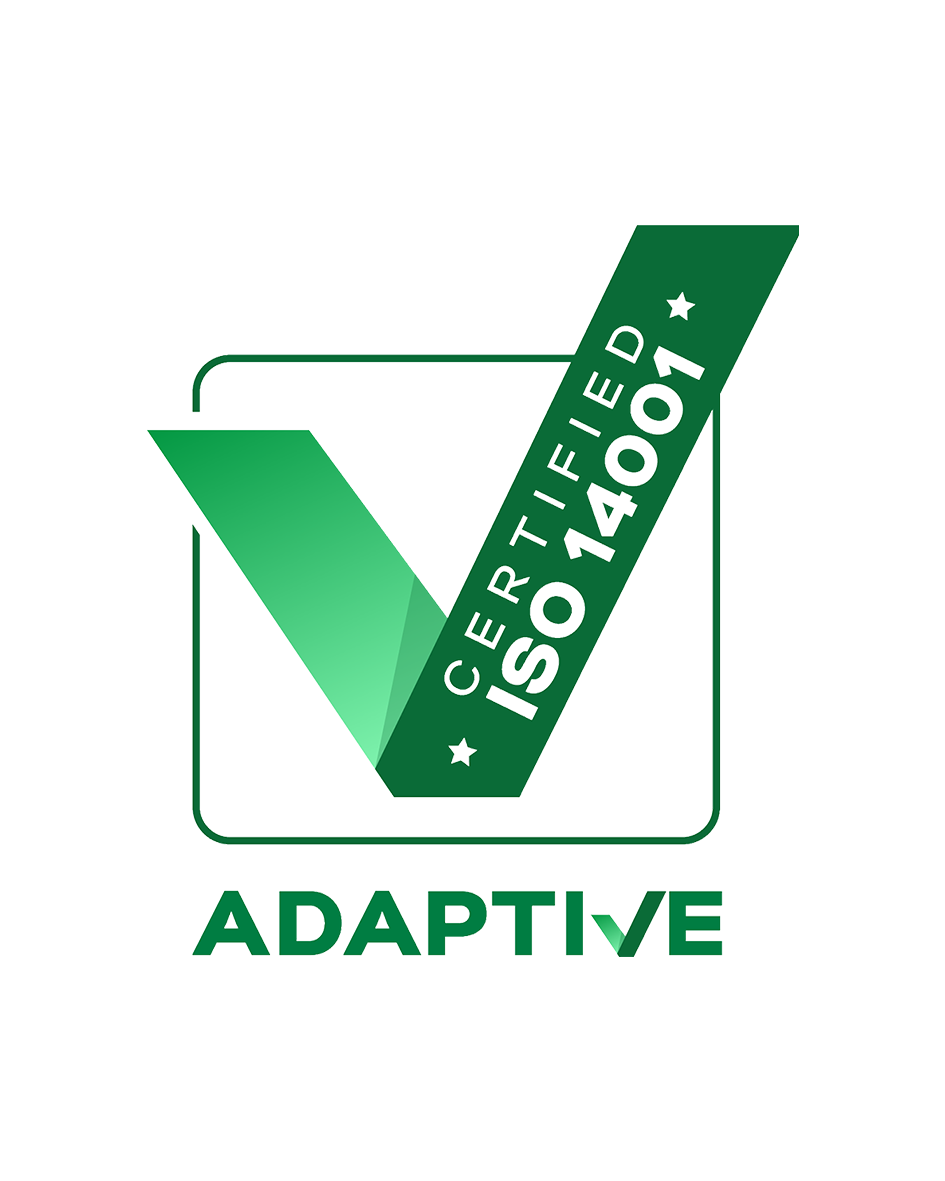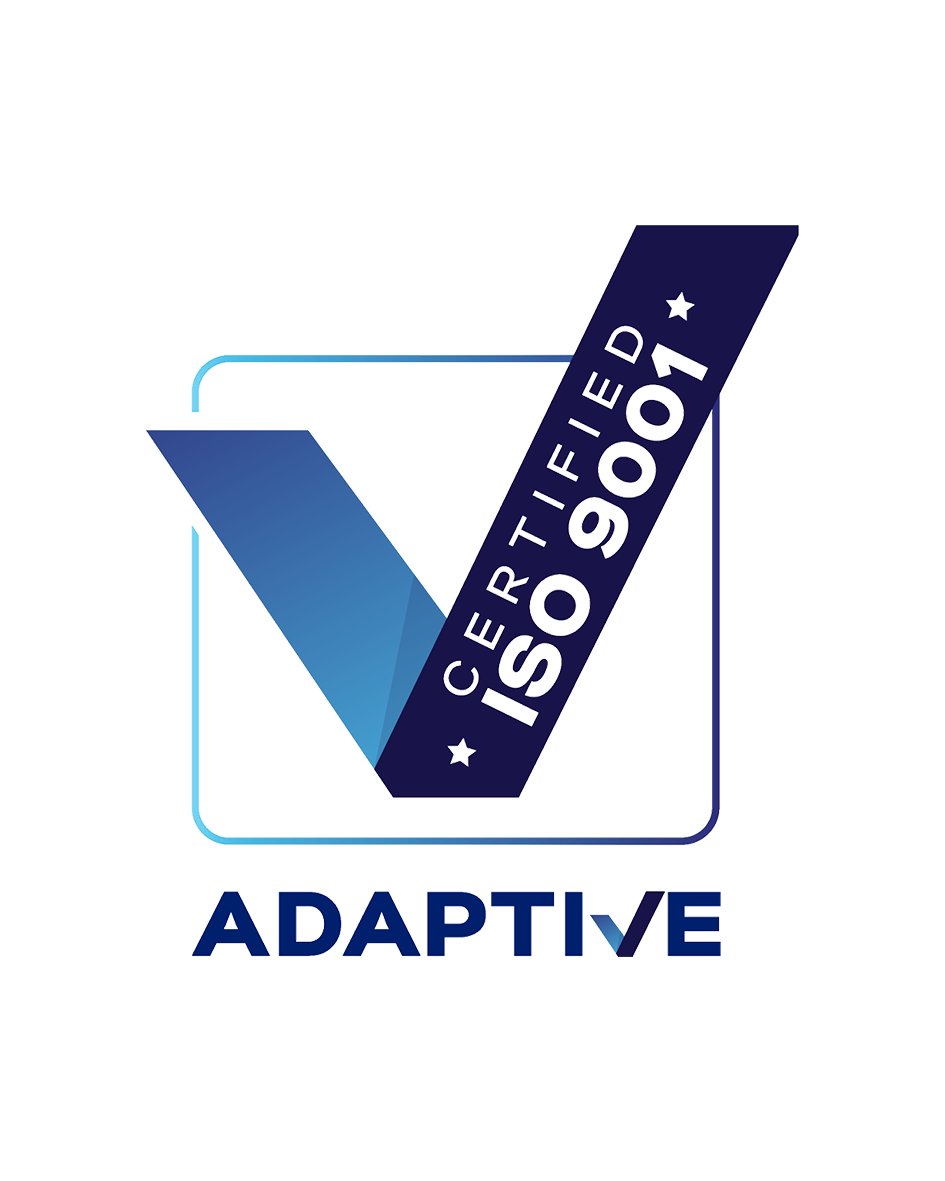
Teretek®
Our Teretek® technology provides a solution to address subsided structures, improve ground, and fill voids.
Our Teretek® technology provides a solution to address subsided structures, improve ground, and fill voids.
Re-levelling: Using our specialised expanding resins, Teretek® is a reliable method to lift and level structures.
Ground Improvement: Teretek® is used to deliver ground improvement solutions beneath existing structures.
Void Filling: Teretek® is well-suited for addressing smaller voids found under concrete slabs.

Terefil®
Our Terefil® technology provides an advanced lightweight cellular concrete for soil replacement, large void filling, and pipe abandonment.
Advantages of Cellular Concrete: Cellular concrete stands out for its unique properties, catering to a wide spectrum of applications.
The Fluidity Factor: One of the standout attributes of cellular concrete is its high fluidity. This material can be pumped over long distances, filling gaps, trenches, or voids.
Soil Replacement: In a ground improvement application, Terefil® is used to create a lightweight raft prior to building construction.

JOG Computer Controlled Grouting
Our JOG technology is a state of the art, computer controlled, multipoint injection system.
Where Technology Meets Grout Injection: The technology uses cementitious grouts with controlled set time structures, from residential homes to large commercial buildings.
How JOG Operates – Coordinated Precision in Action: JOG operates through a sophisticated system of interconnected injection ports, managed and sequenced by a central computer.
Download
Technology Resources
Teretek®
Terefil®
JOG Computer Controlled Grouting
Download file
Please fill out this form to access this file.Need help?
Need help with a project? Contact us

© 2025 The Mainmark group of companies. ‘Mainmark®’, ‘Terefil®’, ‘Terefirm®’ and ‘Teretek®’ are trademarks of the Mainmark group of companies.
Mainmark Ground Engineering Pty Ltd
ABN: 51 606 182 503






























